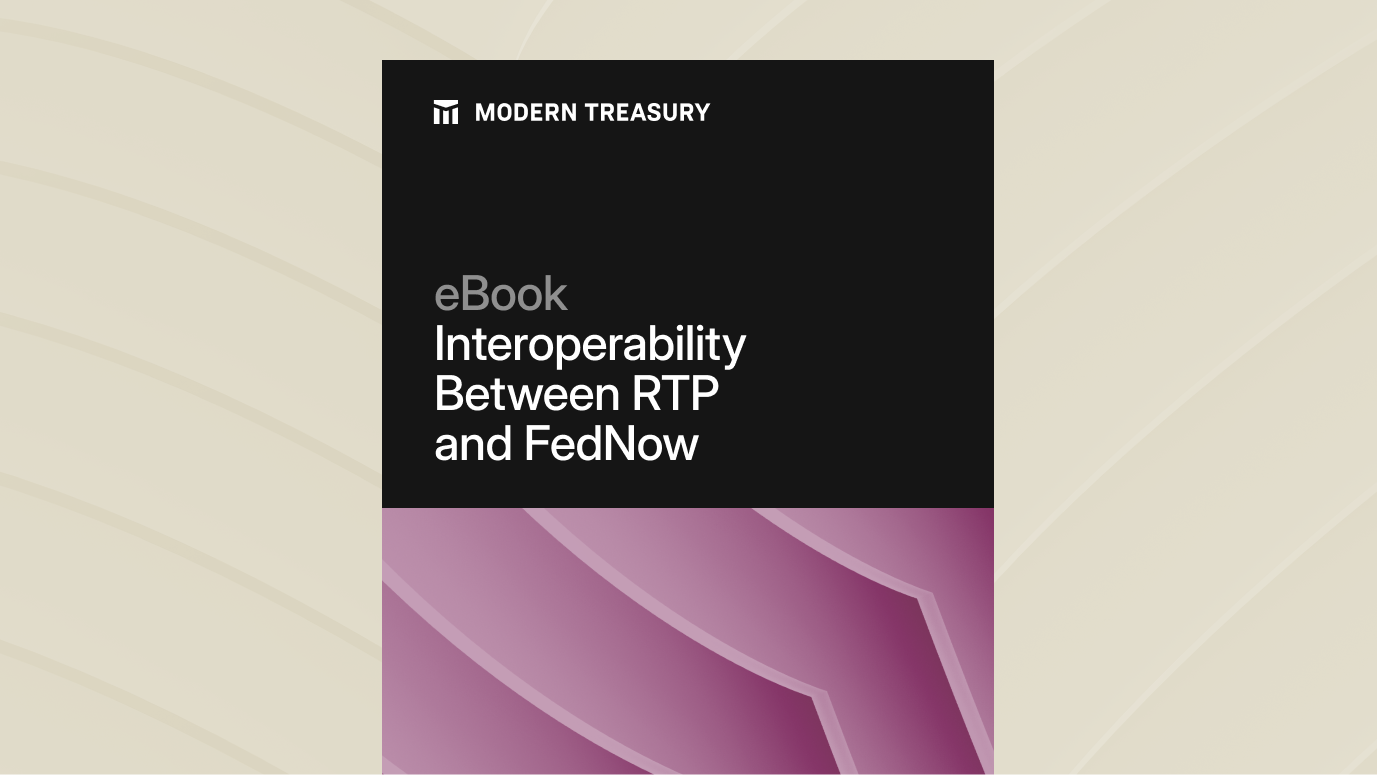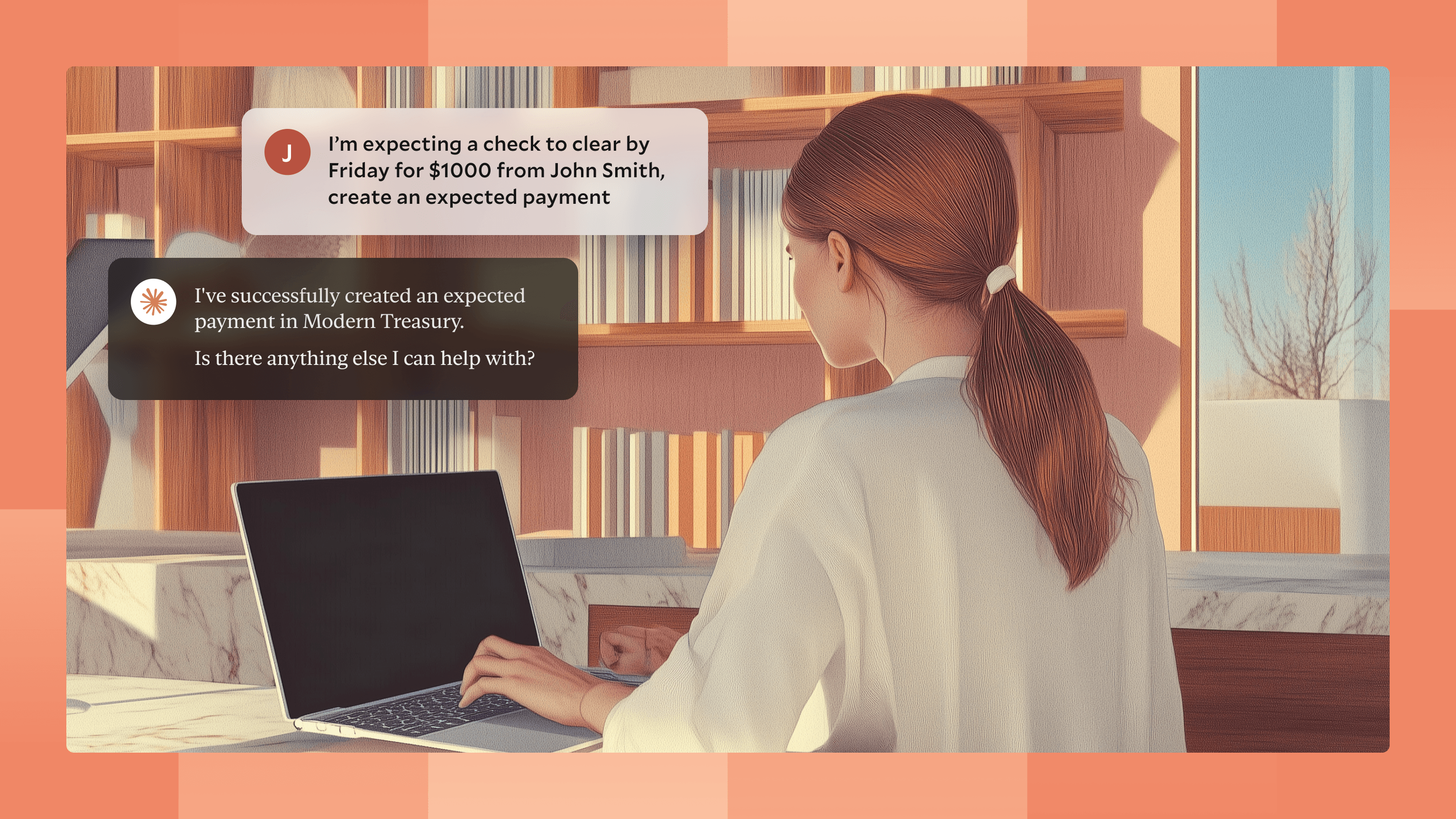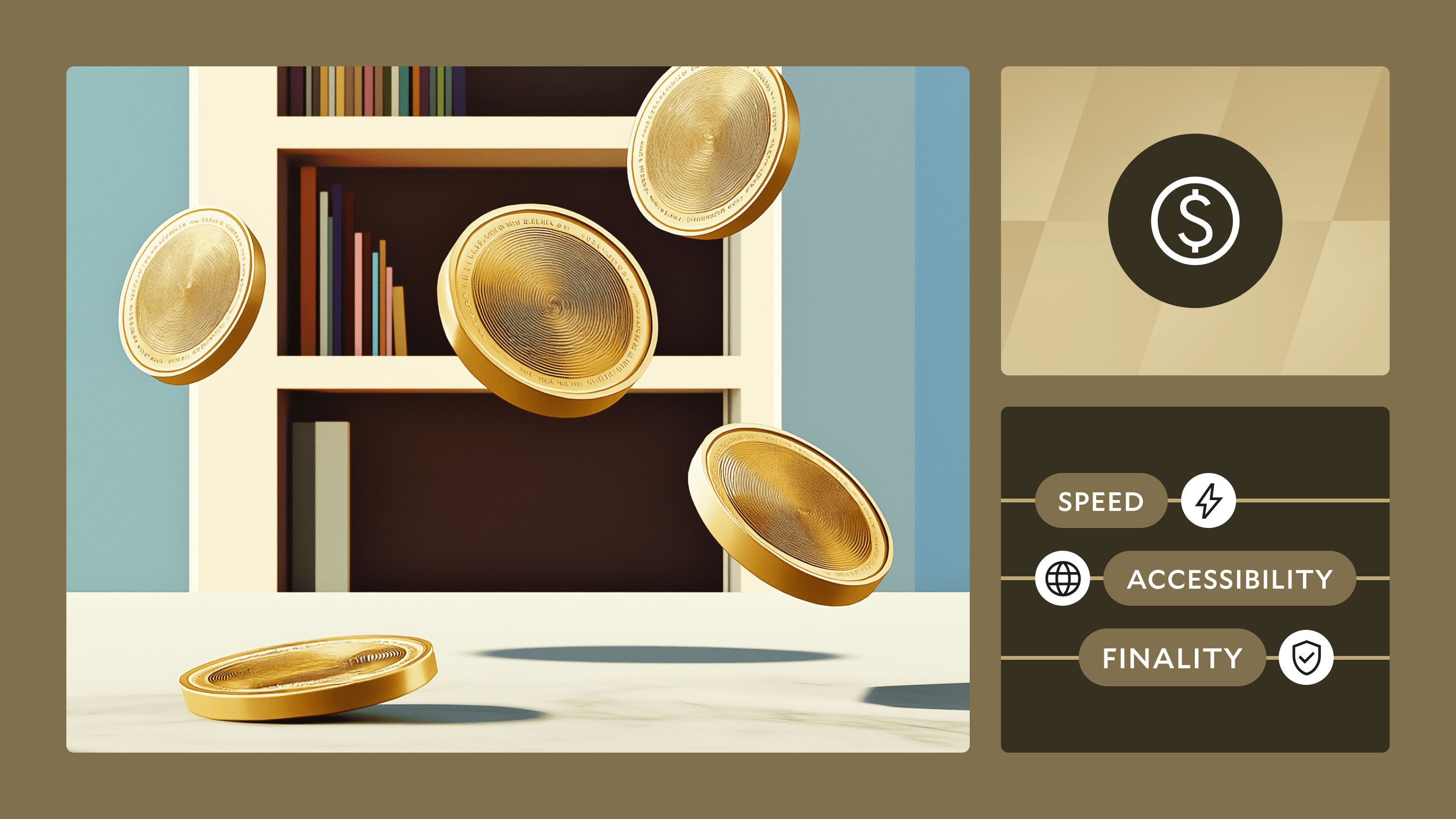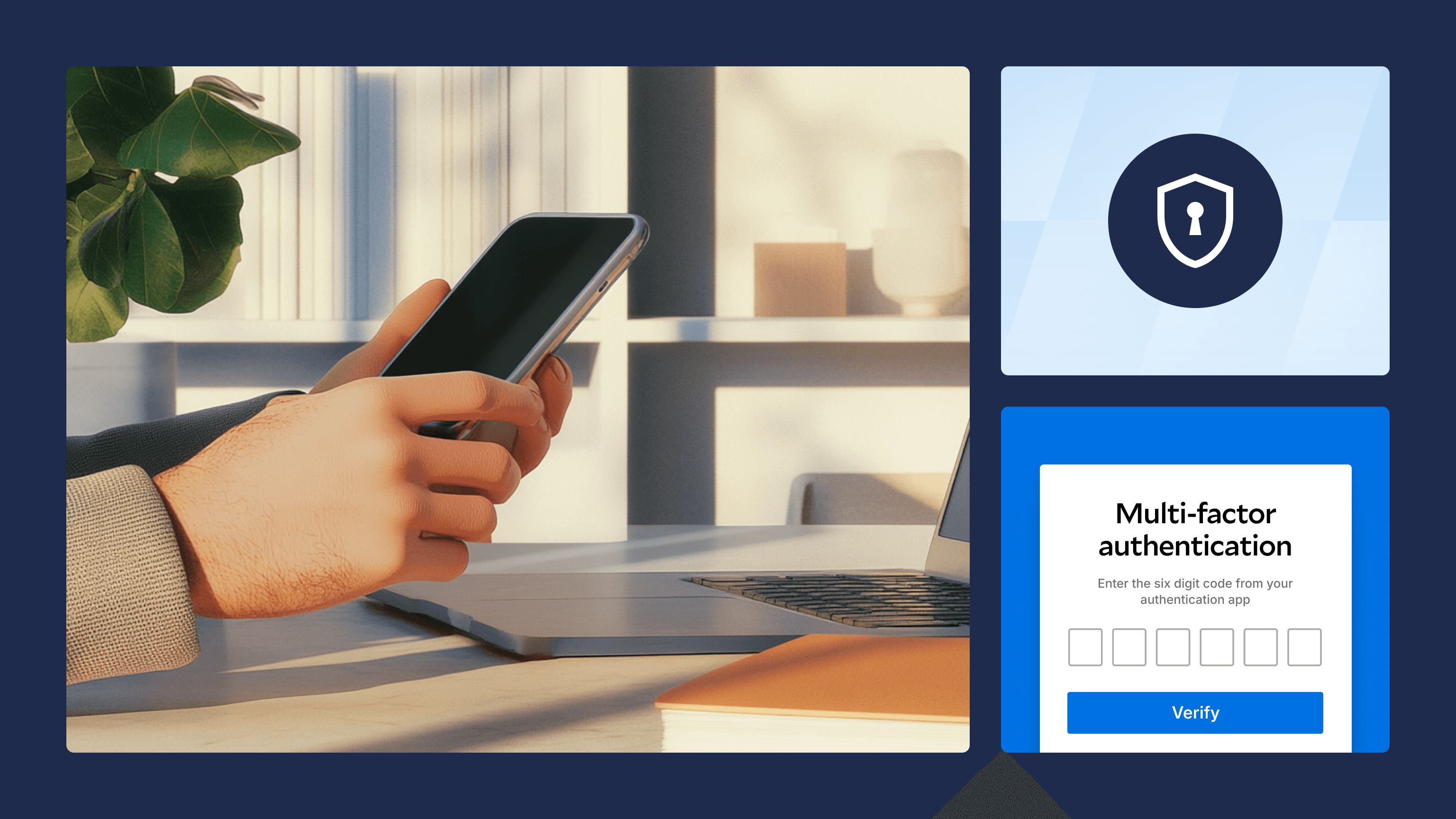Join us at Transfer 2025 to hear how industry leaders are building payments infrastructure for a real-time world.Register Today →
Why are Lockboxes Still Popular?
Despite the availability of electronic payments, paper checks remain a popular payment method. This primer details why lockboxes remain a beneficial way of managing paper checks for businesses.

Introduction
Despite the availability of ACH payments since the 1970s and the rise of RTP as a new payment rail in the last few years, paper checks remain a viable way to send and receive payments. The 2019 Federal Reserve Payments study revealed that, though checks have been declining as a non-cash payment method for over the last couple decades, checks are still responsible for some of the highest value payments. In 2018, consumers and businesses deposited 14.5 billion paper checks, worth nearly $26 trillion—in value, checks came second only to ACH credit transfers.


With checks retaining their relevance, it’s no surprise that lockbox banking retains popularity as a means of helping businesses manage this payment type.
What is Lockbox Banking?
We’ve written previously about how lockboxes work, but should you need a refresher: lockboxes are a service offered by banks to help businesses receive paper check payments. Instead of remitting to the business itself, where employees undertake the time-consuming process of opening and coding every check, the counterparties send the check payment to a unique address directed to a special post office box. The checks are collected from this box, processed and deposited directly into the business bank account, and the payment information is captured and forwarded to accounts receivable.
What are the Costs and Benefits of Lockboxes?
Lockboxes present a way to streamline the payment collection process, particularly for businesses receiving a high volume of payments or large-denominated checks. However, there are some potential drawbacks to the service as well.
Benefits
- Increased efficiency: Lockboxes eliminate the need for in-person deposits, saving the time and cost of collection and travel. Additionally, the direct deposit and payment information capture can reduce human accounting errors, and save the time that would be dedicated to remediation.
- Speed of payment accessibility: Banks check lockboxes daily, and can process payments after hours, which means a faster time to deposit versus a manual, in-person process.
- Another payment method: Lockboxes are a way to programmatically offer another means for users and counterparties to make a payment.
- Reduction in “mail float”: “Mail float” is a term used to describe the time it takes for payment to travel from payee to recipient. Banks often have lockboxes strategically placed geographically; instead of sending payment to the businesses, it’s sent to the nearest lockbox, reducing time in the mail, and speeding up time to settle.
Costs
- Slow payment method: Though depositing checks to lockboxes is faster than depositing in person, a check payment is still much slower than newer electronic payment methods, such as ACH, wires, and RTP.
- Increased expense: Lockbox services cost companies money, potentially offsetting the cost of doing it yourself. This, in addition to processing fees, can make lockboxes prohibitive to small businesses or businesses that receive few payments this way.
Next Steps
If you’re interested in programmatically managing checks via lockboxes, Modern Treasury can help. We can read your incoming lockbox files, reconcile the payments to your account, and save the data and images and send it over in a daily report. We even have bank lockbox support through our paper items API, which you can use to receive webhooks with structured data. If you’re interested in finding out more, reach out to us.
Try Modern Treasury
See how smooth payment operations can be.







